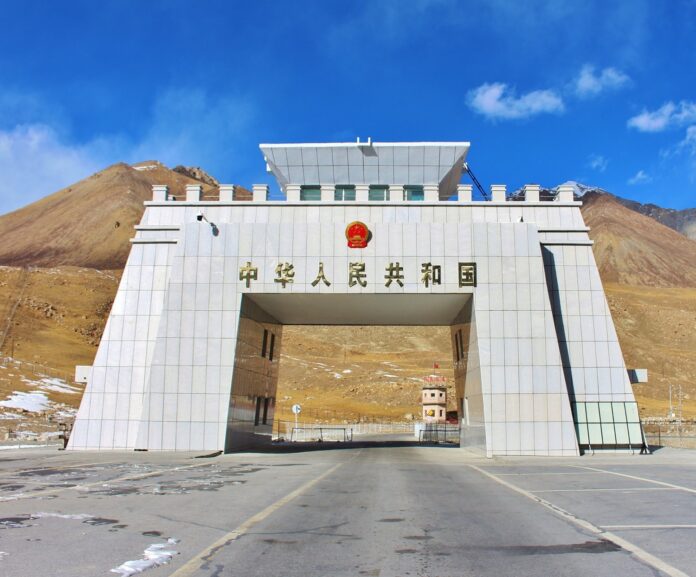The idea of a mutual city between Hunza and Xinjiang, China is an intriguing concept that could foster greater cooperation and cultural exchange between these two regions. Such a mutual city could serve as a hub for economic, cultural, and educational activities, bringing numerous benefits to both sides. Let’s explore the key aspects and potential advantages of this idea:
Location and Significance: The mutual city could be strategically located at a point that facilitates easy access and trade between Hunza, in the Gilgit-Baltistan region of Pakistan, and Xinjiang, a vast and economically important region in China. This location would serve as a key trade and cultural junction between the two regions.
Economic Collaboration: The mutual city could be designed to promote economic collaboration, trade, and investment between Hunza and Xinjiang. It could function as a special economic zone, encouraging cross-border trade and cooperation in various sectors, including agriculture, tourism, and infrastructure development.
Cultural Exchange: One of the most exciting aspects of this concept is the potential for extensive cultural exchange. The mutual city could host cultural events, festivals, and exhibitions, celebrating the rich traditions of both regions. This would foster greater understanding and appreciation of each other’s heritage.
Educational Opportunities: The mutual city could also be home to educational institutions and research centers, facilitating academic exchange programs between Hunza and Xinjiang. This would promote the sharing of knowledge and the development of human resources in both regions.
Tourism and Connectivity: Given the scenic beauty of Hunza and its growing popularity as a tourist destination, the mutual city could serve as a gateway for tourists traveling between the two regions. Improved connectivity, transportation infrastructure, and tourism facilities could further boost the tourism industry in both Hunza and Xinjiang.
Infrastructure Development: The construction and development of the mutual city would require significant infrastructure investment. This, in turn, could lead to the improvement of transportation networks, creating better road and rail connections between the regions.
Challenges and Considerations: While the idea of a mutual city is promising, there would be several challenges to overcome, including legal and administrative hurdles, border issues, and the need for mutual agreement between the governments of Pakistan and China.
In conclusion, the concept of a mutual city between Hunza and Xinjiang is a compelling idea with the potential to bring about economic, cultural, and educational prosperity for both regions. It would require careful planning, cooperation, and investment from both sides, but the rewards in terms of economic growth, cultural enrichment, and connectivity could be substantial.
Mutual city, Hunza, Xinjiang, China, Location, Significance, Economic collaboration, Trade, Investment, Special economic zone, Cultural exchange, Cultural events, Festivals, Educational opportunities, Academic exchange programs, Tourism, Connectivity, Infrastructure development, Challenges, Legal and administrative hurdles, Border issues, Government cooperation, Investment.

